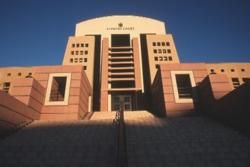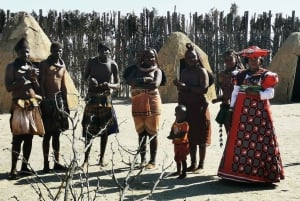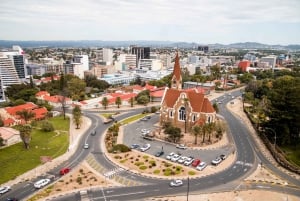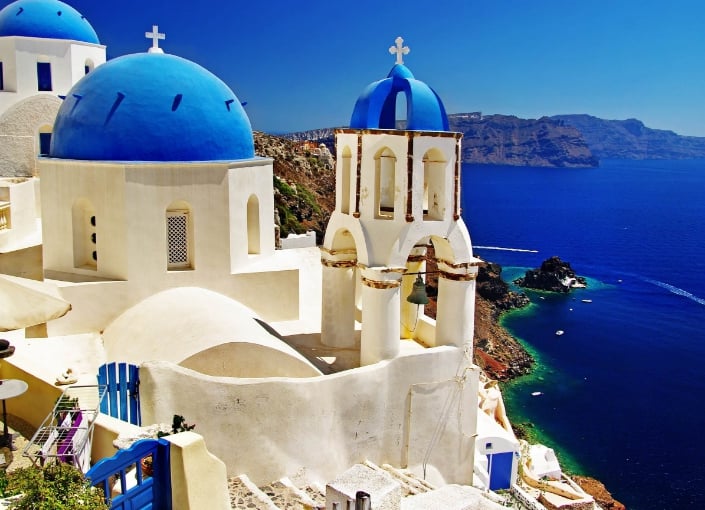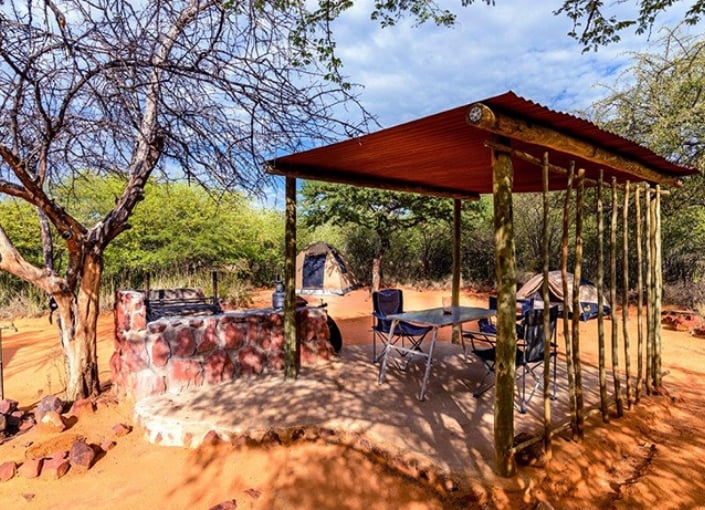History
Namibia’s history is steeped in German colonization and South African occupancy from 1884 through to 1990. The country celebrated its independence on 21 March 1989 and the current ruling party is the South West African People’s Organization.
Namibia is governed on a basis of democracy and the country is divided into 13 regions, each with its own governing body within the ruling party of the South West African People’s Organization (SWAPO). With its independence in 1990, the first elected president San Nujoma faced the challenge of building identity and unity. His successor, and current president, was former Minister of Lands, Resettlement and Rehabilitation, Mr Hifikepunye Pohamba. The government consists of a Parliament with a 72-seat National Assembly structure as well as a 26-seat National Council. The SWAPO party has enjoyed victory in every election since independence and continues to stand on its liberation ideals of unity and reconciliation.
After its independence in 1990 Namibia has enjoyed a fairly peaceful period with economic growth and prosperity.
read more on:
Image: The Supreme Court Of Namibia



